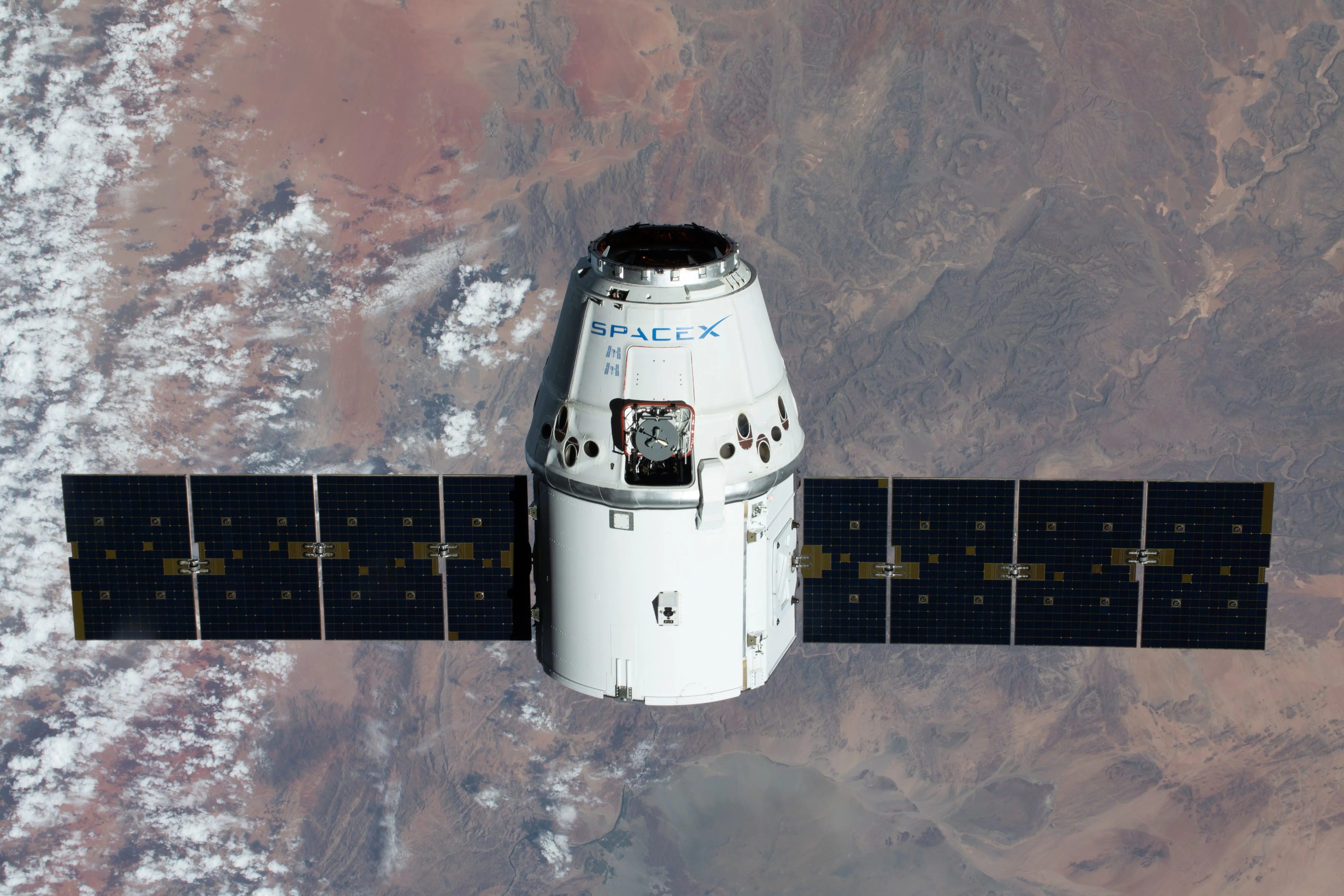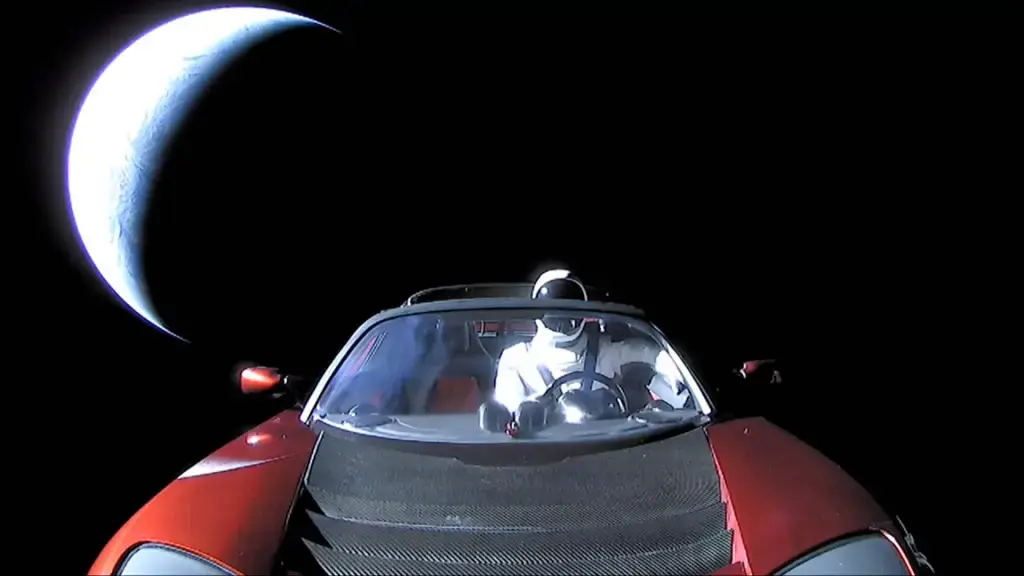SpaceX: Musk's Path to the Stars
Space colonization and a bit of “Star Wars”

SpaceX is one of the world’s leading space companies, specializing in the launch of rockets and satellites into space. When it comes to the SpaceX's figures, here’s what stands out:
- Valuation: $200 billion
- Total investments raised: $9.8 billion
Interestingly, the company’s valuation has soared by 445% since 2019. Let’s explore what has fueled SpaceX’s success.
How It All Began
In 2002, after selling PayPal, Elon Musk started pondering his next major project, when his attention turned to space. Musk decided to create a robotic greenhouse on Mars, the “Mars Oasis”, to prove the potential for life on Mars, initiated by humanity.
YOUTUBE=CoEEps92z68 Elon Musk on Mars Oasis
This idea gradually evolved, and in 2002, Elon Musk founded Space Exploration Technologies Corp., or SpaceX. He invested around $100 million to launch the project.
It took four years for the company to develop its first spacecraft, and in 2006, SpaceX introduced the Dragon. The name came to Musk while listening to the folk song “Puff, the Magic Dragon” by Peter, Paul and Mary. The song was a nod to the skepticism that surrounded SpaceX’s goals at the time, reflecting Musk’s response to the doubt he faced.

Partnership with NASA
Building and launching rockets is expensive. SpaceX learned this the hard way after several failed attempts to launch its Falcon 1 rocket (named after the starship in Star Wars). The first launch occurred in 2006, with the plan for the first stage of the rocket to return to Earth after completing its mission. However, something went wrong, and the flight ended in failure. In a second attempt a year later, the rocket’s second stage malfunctioned.
YOUTUBE=mq2hymWPN1I Falcon 1 makes history
On September 28, 2008, SpaceX made history when Falcon 1 successfully delivered a payload into orbit on its fourth attempt. Following this success, Musk signed a $1.6 billion contract with NASA.
Since then, NASA and SpaceX have enjoyed a mutually beneficial partnership. NASA is SpaceX’s main client, and SpaceX is practically NASA’s only gateway to space. In 2017, Musk openly expressed his admiration for NASA.
I’m a big fan of NASA – in fact, at one point, my password was ‘I love NASA’. NASA does a lot of good things for which it doesn’t get enough credit.
Elon Musk
CEO of SpaceX
What SpaceX Does
SpaceX’s mission is "to make humanity multiplanetary." Musk aims to make interplanetary travel to Mars and other planets in the Solar System accessible to the public.
The rocket manufacturing facility is located in California, USA, and product testing takes place in Texas. Rocket launches are conducted from three locations, two are in Florida and one is in California.
Currently, SpaceX focuses on building and launching multi-stage rockets, sending missions into space, designing space suits, and launching a global satellite system for high-speed internet—Starlink.
SpaceX’s main products include:
- Multi-stage rockets like Falcon 9, capable of multiple flights;
- Heavy-lift rockets such as Falcon Heavy, designed for cargo transport;
- The Dragon spacecraft for human space travel;
- The Starship system for both human and cargo transport;
- Space suits;
- Starshield and Starlink systems.
Fastest sports car in space
In 2018, SpaceX made headlines by launching a Tesla Roadster into space aboard the Falcon Heavy rocket. The red sports car, piloted by a mannequin in a spacesuit nicknamed "Starman," served as a test payload.

At the time, Elon Musk called it the "silliest thing we can imagine" for a dummy payload.
The car remains in orbit, earning the title of the fastest sports car in history. A website even tracks its cosmic journey. You can check it's location live here.
The Future of SpaceX
Starship will take humanity to Mars.
Elon Musk
CEO of SpaceX
Musk twitted this on X, sharing an image of the spacecraft’s launch from SpaceX’s Starbase launch facility in Texas. In another post, Musk stated, “Starship will make life multiplanetary.”
SpaceX continues to show significant growth and attract investor attention. By 2024, SpaceX's valuation has reached approximately $210 billion, a clear indication of high demand for its shares, especially with the development of key initiatives like the Starlink satellite network and the Starship spacecraft.
Interested in buying private tech companies' shares with us? Check out our Wealth and Growth account plans, which provide you access to exclusive venture capital deals!
Disclaimer: “The use of the trademark is for informational purposes only and does not imply endorsement or affiliation. Additionally, the information in this communication is for informational purposes only and is neither an offer to purchase, nor a solicitation of an offer to sell, subscribe for or buy any securities".
 Қазақша
Қазақша